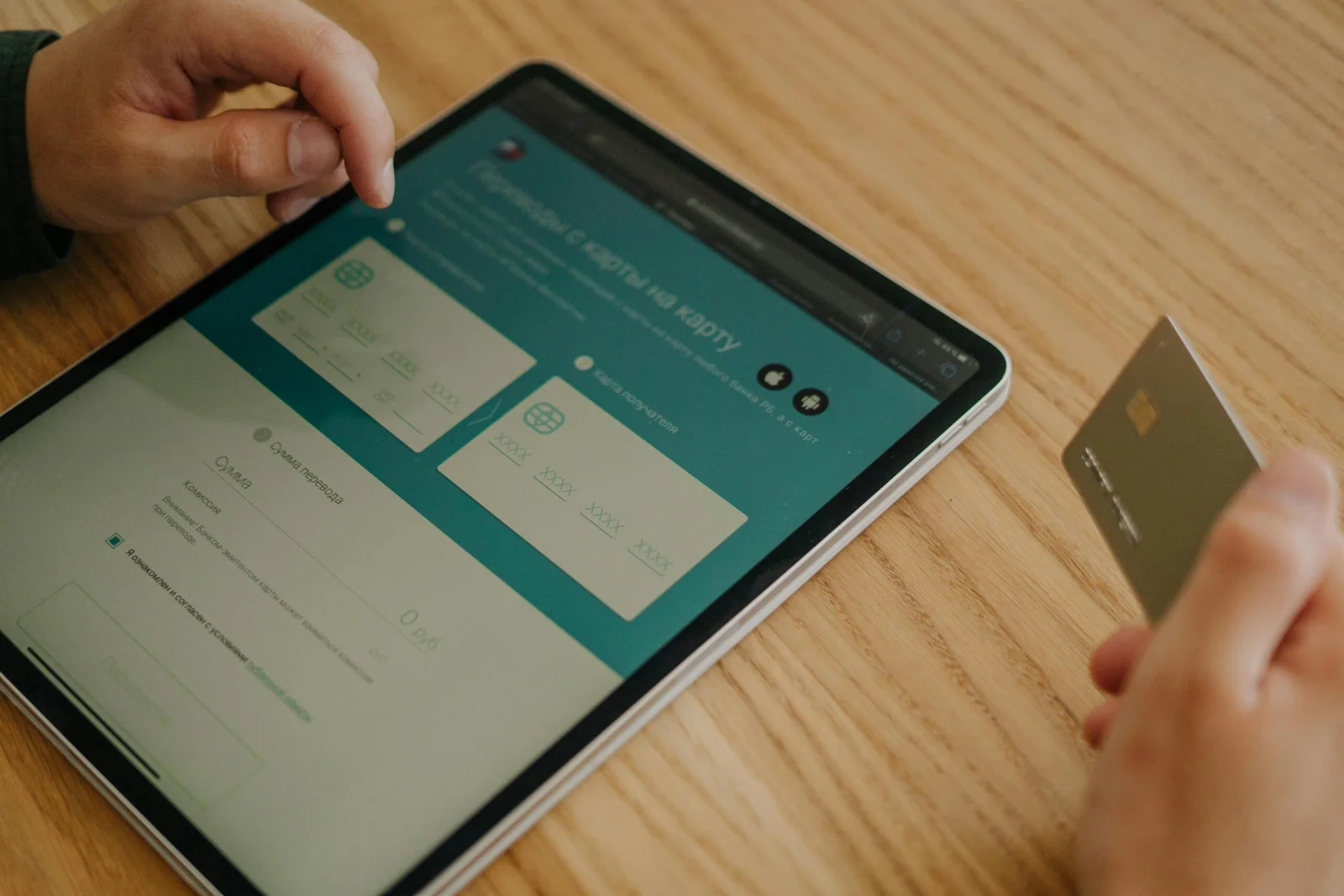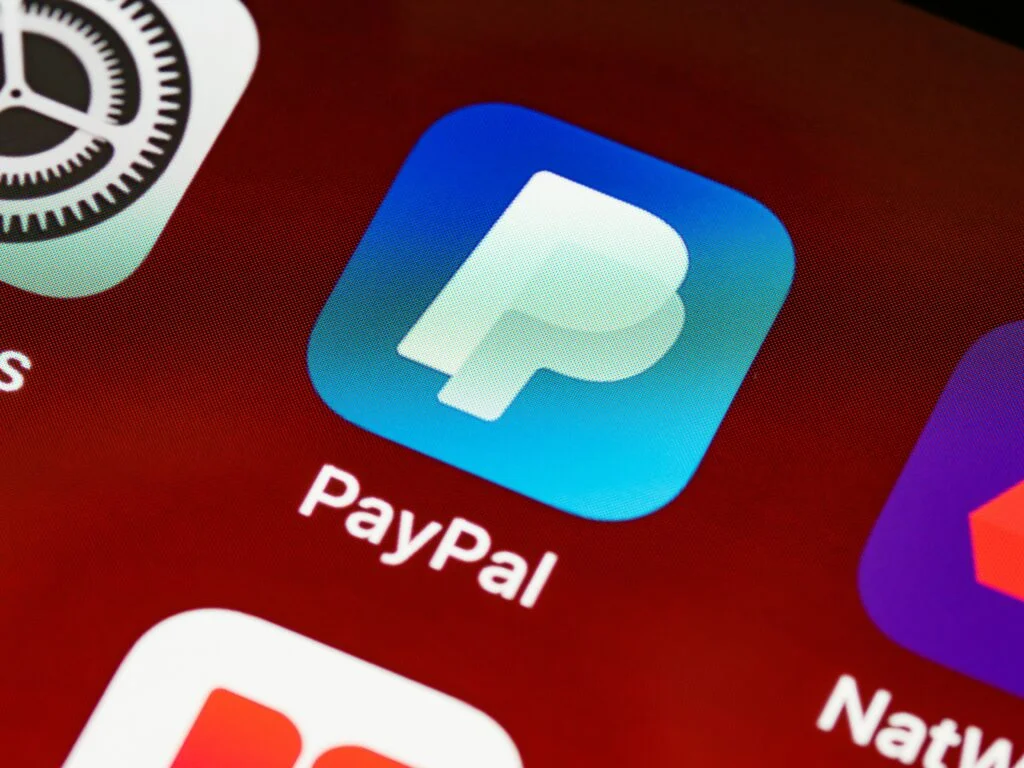
Razorpay has become one of the leading online payment gateway providers in India, offering businesses a seamless way to accept payments through various methods such as credit/debit cards, UPI, wallets, and more. Whether you are a small business owner or an enterprise, Razorpay promises a simple, secure, and user-friendly platform for digital transactions.
However, one critical aspect that businesses often focus on is the charges associated with Razorpay services. Understanding the different fees, hidden charges, and potential issues with Razorpay can save businesses from unexpected costs.
Table of Contents
1. Razorpay Charges: Understanding the Fee Structure
Before diving into the issues faced by Indian consumers, it is essential to understand how Razorpay charges its customers. Razorpay charges vary depending on the type of business, transaction volume, and payment method.
1.1 Types of Charges
Razorpay offers multiple services such as payment gateway solutions, subscription billing, invoicing, and more. Below are the key charges associated with Razorpay:
- Transaction Fees: The most common charge that businesses face when using Razorpay is the transaction fee. This fee is charged on every successful transaction processed through the platform.
- Standard Domestic Transaction Fee: Razorpay charges 2% per transaction for domestic credit card and debit card payments.
- International Transaction Fee: For international payments, Razorpay charges approximately 3% per transaction.
- Payment Method Charges: Razorpay charges different fees depending on the payment method used.
- Credit/Debit Cards: 2% per transaction (domestic), 3% per transaction (international).
- UPI (Unified Payments Interface): No charges for UPI payments.
- Wallets: Razorpay charges 2% for payments made via digital wallets like Paytm, PhonePe, etc.
- Netbanking: Similar to debit/credit card payments, Razorpay charges around 2% for net banking transactions.
- Settlement Charges: Razorpay charges a fee for transferring funds to your bank account. The charges depend on the bank and the frequency of settlements.
1.2 Additional Fees
While Razorpay offers competitive pricing for its services, there are some additional fees businesses should be aware of:
- Refund Charges: Refunds are charged at 2% of the transaction amount. This is a charge for reversing the funds to the customer.
- Chargeback Fees: Razorpay charges a fee for handling chargebacks, typically around ₹500 per chargeback, in case a customer disputes a transaction.

2. Problems Faced by Indian Consumers
While Razorpay is an effective platform for businesses to manage payments, Indian consumers and businesses alike have encountered various issues with the platform’s fees and support. Let’s discuss some common challenges faced by Indian users:
2.1 High Transaction Fees for Small Businesses
For small businesses and startups in India, the transaction fees charged by Razorpay can be a burden, especially when dealing with small-ticket transactions. The 2% fee for domestic card payments and higher charges for international payments may seem manageable for larger businesses but can be disproportionately high for businesses with low sales volume.
Problem: High transaction fees may eat into the profits of small businesses, making it challenging for them to stay competitive, especially compared to platforms with lower fees.
Solution: Small businesses need to carefully evaluate other payment gateway providers to ensure they get the best pricing model suited to their needs. Razorpay also offers a custom pricing plan for high-volume merchants.
2.2 Hidden Charges and Lack of Transparency
Some businesses have reported encountering additional hidden charges, such as processing fees for refunds or chargebacks, which were not clearly mentioned during the onboarding process. These additional fees can lead to confusion, especially for businesses not well-versed in payment gateway operations.
Problem: Razorpay has occasionally been criticized for not being fully transparent about all the potential charges, which leads to confusion when businesses experience hidden costs.
Solution: It’s crucial for businesses to review Razorpay’s fee schedule and documentation carefully. Businesses should also contact Razorpay support to clarify any ambiguous charges.
2.3 Delay in Settlement of Funds
One of the most frustrating issues faced by Razorpay users is the delay in the settlement of funds. Businesses may face cash flow challenges if payments aren’t settled into their bank accounts on time. Delays in settlements, especially for high-volume transactions, can hurt a business’s ability to fulfill orders and maintain operations smoothly.
Problem: Razorpay may delay settlements for reasons such as compliance checks or higher-than-expected chargeback rates.
Solution: Business owners should monitor their account regularly for any holds or compliance-related issues. Contacting Razorpay’s support team for resolution is often necessary in these cases.
3. Case Studies: How Indian Businesses Dealt with Razorpay Issues
Let’s explore three real-life case studies from Indian businesses that faced challenges with Razorpay charges or services and how they overcame them.
Case Study 1: Ananya’s Boutique Business
Ananya runs a small boutique selling traditional Indian attire in Jaipur. She started using Razorpay to accept online payments but soon realized that the platform’s 2% transaction fee on every sale was taking a substantial chunk of her profit, especially on smaller items like jewelry and accessories.
Problem: High transaction fees for small-ticket transactions were affecting the profitability of her business.
Solution: Ananya reached out to Razorpay’s support team and was offered a custom pricing plan based on her transaction volume. After negotiating better terms, her transaction fees were reduced significantly, helping her improve her profit margins.
Outcome: By adjusting her pricing plan, Ananya could continue using Razorpay without worrying about excessive transaction fees.
Case Study 2: Ravi’s E-commerce Platform
Ravi, the owner of an e-commerce platform, encountered a frustrating delay in the settlement of funds for several transactions. The funds were delayed by over a week, causing issues with fulfilling customer orders.
Problem: Delayed settlements of payments led to operational difficulties for Ravi’s e-commerce business.
Solution: Ravi contacted Razorpay’s customer support team, which revealed that the delay was due to a routine compliance check on high-volume transactions. After verifying his account details, the settlement process was expedited.
Outcome: Although the issue was resolved, Ravi realized the importance of maintaining regular communication with Razorpay for timely settlements.
Case Study 3: Priya’s Subscription Business
Priya runs a subscription-based service for beauty products. She used Razorpay’s subscription management feature but encountered issues with recurring payments being declined for some customers, causing churn.
Problem: Recurring payments were being declined due to insufficient funds, but the chargeback fees were applied to Priya’s account anyway, even though the issue was not her fault.
Solution: Priya reached out to Razorpay, and after an investigation, they confirmed that the chargeback fees were incorrect. Razorpay reversed the charges and provided assistance with improving the payment success rate for recurring subscriptions.
Outcome: By resolving the issue, Priya improved her customer retention and was able to streamline the subscription process.
4. Razorpay Customer Care Details and Grievance Portal
In case consumers face any challenges with Razorpay, it’s important to know how to contact customer support and utilize the grievance portal. Below are the key details:
Customer Care Contact Information:
- Phone Support: Razorpay provides customer support through the helpline number: +91-XXXXXXXXXX (Available Monday to Friday, 9 AM to 6 PM).
- Email Support: Customers can email Razorpay at support@razorpay.com for assistance with technical issues, account problems, or transaction disputes.
- Official Website: Customers can visit Razorpay’s official website for detailed support documentation and troubleshooting guides.
Grievance Portal: If a consumer feels their issue has not been resolved by Razorpay’s customer support team, they can file a complaint through Razorpay’s Grievance Portal. This portal allows users to escalate their issues and receive assistance from higher management.
- Grievance Portal Link: www.razorpay.com/grievance-portal
5. Frequently Asked Questions (FAQs)
1. What are Razorpay’s charges for payment gateway services?
Razorpay charges a standard fee of 2% for domestic credit/debit card payments, 3% for international payments, and varying fees for other payment methods like UPI, wallets, and net banking.
2. How do I get a better pricing plan for Razorpay services?
Businesses with high transaction volumes can contact Razorpay’s sales team to discuss custom pricing plans based on their needs.
3. Are there any hidden charges on Razorpay?
While Razorpay is generally transparent, businesses should review the pricing schedule carefully for additional charges such as refund fees, chargeback fees, and settlement charges.
4. How long does Razorpay take to settle funds?
The settlement of funds can typically take 2-3 business days, but delays can occur if there are compliance checks or disputes.
5. Can I get a refund if a payment is mistakenly charged?
Yes, Razorpay offers a refund process, but it is subject to the terms and conditions and may incur a 2% refund fee.
6. How can I file a grievance if Razorpay support doesn’t resolve my issue?
You can file a grievance through Razorpay’s grievance portal, providing details of your issue for faster escalation.
7. How can Kanoon360 help with Razorpay disputes?
If you encounter a legal dispute with Razorpay that cannot be resolved through regular support channels, Kanoon360 can help by offering legal advice and assisting in consumer protection matters.
6. Legal Assistance from Kanoon360
In the event that Razorpay’s customer support does not resolve your concerns, seeking legal advice can be beneficial. Kanoon360 specializes in consumer rights and disputes related to e-commerce platforms. Kanoon360’s legal experts can help businesses and consumers navigate issues such as:
- Chargeback disputes
- Refund issues
- Warranty claims
- Consumer protection under Indian law
Having a legal expert from Kanoon360 on your side ensures that your business’s interests are protected and that you are legally equipped to handle any disputes with Razorpay.
Conclusion
While Razorpay is an excellent payment gateway solution for businesses in India, understanding its fee structure and common issues faced by users is essential for smooth operations. From transaction fees to delayed settlements, knowing how to address these challenges proactively will help you avoid unnecessary disruptions. Additionally, by leveraging Razorpay’s customer care services and utilizing platforms like Kanoon360, businesses can ensure that they are equipped to handle any legal or operational issues efficiently.
Also Read: Slice Credit Card: An In-Depth Guide for Indian Consumers



